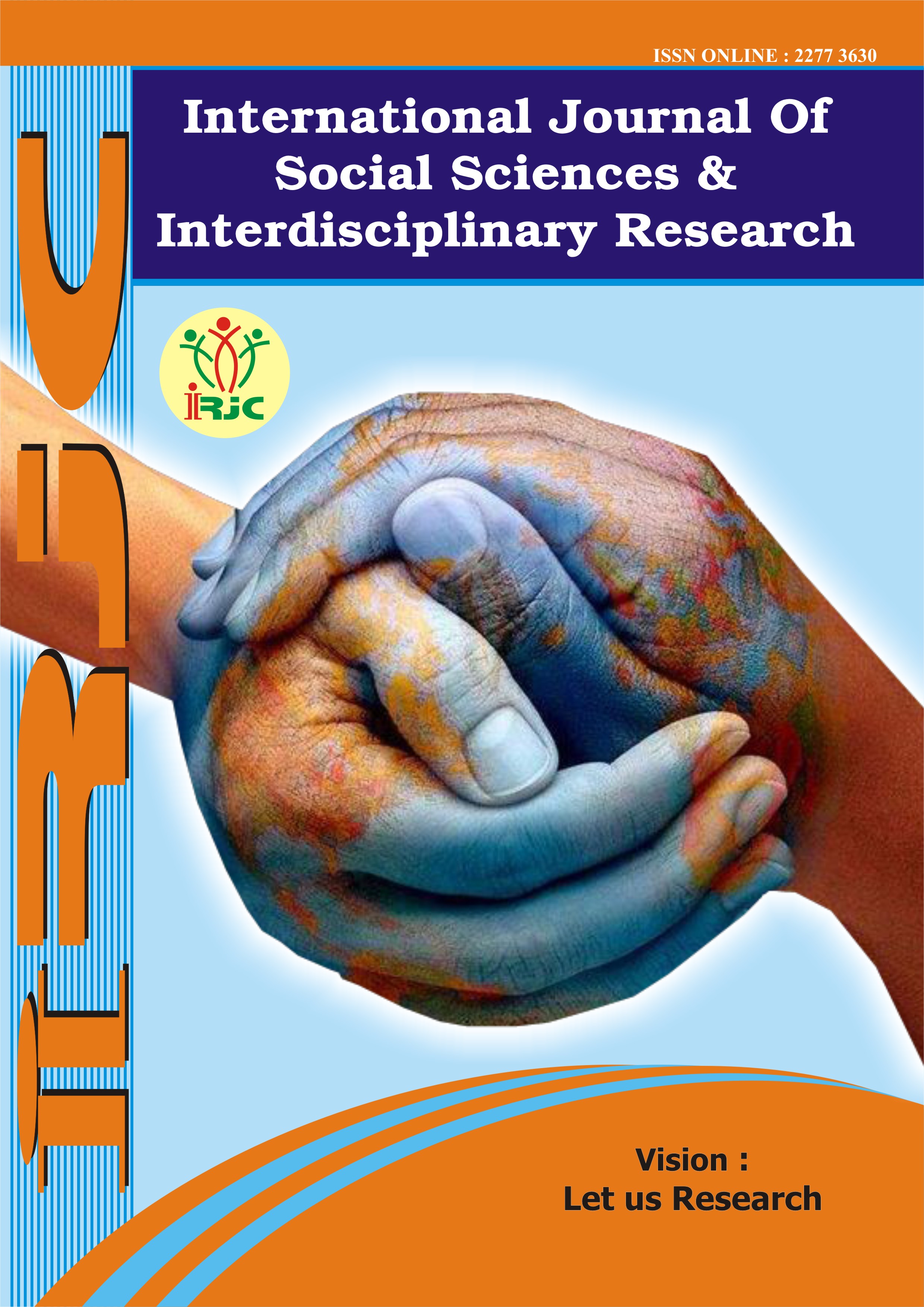PHILOSOPHICAL NOVEL AND MYTHOLOGICAL THINKING
Keywords:
epic genre, philosophical novel, genre, mythological thinking, mythopoetic philosophical novel, ancient novel, myth, neomythology, novel image, writer's concept.Abstract
This article examines the issues of philosophical novels and mythological thinking. It is relevant that The development of the novel genre began with the ancient novel - it is an epic genre created in Greek and Roman literature in the 1st-4th centuries AD, the artistic creation of the Turkic peoples is related to the very ancient times of the modern age, with the creation of Orhun-Enasoy written monuments, the only work of the Arab thinker Abubakir ibn Tufail, who was born in Wadi-Ash, which was under the occupation of Arab Muslims in Spain in the 12th century, is the only work that has reached us - the novel "Yakson oglu Hai" which was of great importance in the emergence of world philosophical novels, the modern Uzbek writer Khurshid Dostmuhammed's "The Wise Sisyphus" artistic features of the novel - in the mythopoetic philosophical novel, the writer refers to the ancient myth of Sisyphus and creates his updated (neo-mythology) myth, many Uzbek proverbs and expressions are used in the interpretation process. Through the image of Sisyphus, it is revealed that it is depicted as a symbolic interpretation of human pains, thoughts and worries.
References
Afokova N. I have a Sisyphus stone // Thought. 2019. #3.- 60-61b.
Dostmuhammad Khurshid. The personality of the writer // Literature and art of Uzbekistan. 2001. March 2.
Dustmuhammad Khurshid. Wise Sisyphus. Roman. - Tashkent: NMIU of Uzbekistan, 2016. - B. 249-359.
Jabbar Eshanqul. Myth and artistic thinking. Tashkent. Science. 2019.
Зинченко В.Г., Зусман В.Г., Кирнозе З.И. Литература и методы ее изучения. Системно – синергетический подход. Учебное пособие. М., «Флинта» - «Наука». 2010
Ибн Туфейль. Повесть о Хайе, сыне Якзана (Ибн-Туфейль и Ас-Сухраварди). https://classics.nsu.ru/Wolf/yakzan.htm, http://enoth.narod.ru/Philosophy/Philosophy.htm; Артур Сагадеев: https://www.livelib.ru/author/146474-artur-sagadeev
Pardaeva Z. Poetics of the Uzbek novel. - Tashkent: "Heritage", 2003, p. 54.
Solijonov Y. Sisyphean and absurd. "World Literature" magazine, 2010, issue 1. https://ziyouz.uz/ilm-va-fan/adabiyot/j-ldosh-solizhonov-sizif-va-absurd/
Toraev D. The narrative of Sisyphus in the interpretation of an Uzbek writer // In the collection of materials of the Republican scientific-practical conference on the topic "Comparative-typological analysis of foreign linguistics and literary studies". Against DU. 2018. - 9-12 p.
Хосе Ортега-и-Гассет. “Мысли о романе”// «Вопросы литературы». 1991. №2. С. 100.
Eshniyazova O. "A new work about Sisyphus // Uzbek language and literature. 2018. No. 3. - p. 97-98.
Kuchkarova M. Artistic conditionality in contemporary Uzbek prose: filol. doc... (DSc)... diss. - T.: 2018. 2020. - 280 p.
Yakubov I.A. Poetics of Uzbek novels of the period of independence: filol. doc... (DSc)... diss... autoref. - T.: 2018. -70 p.
https://cyberleninka.ru/article/n/adimgi-turklar-tarihini-rganishda-rhun-bitiklarining-rni
Downloads
Published
How to Cite
Issue
Section
License
Copyright (c) 2022 GEJournals

This work is licensed under a Creative Commons Attribution-NonCommercial-NoDerivatives 4.0 International License.





